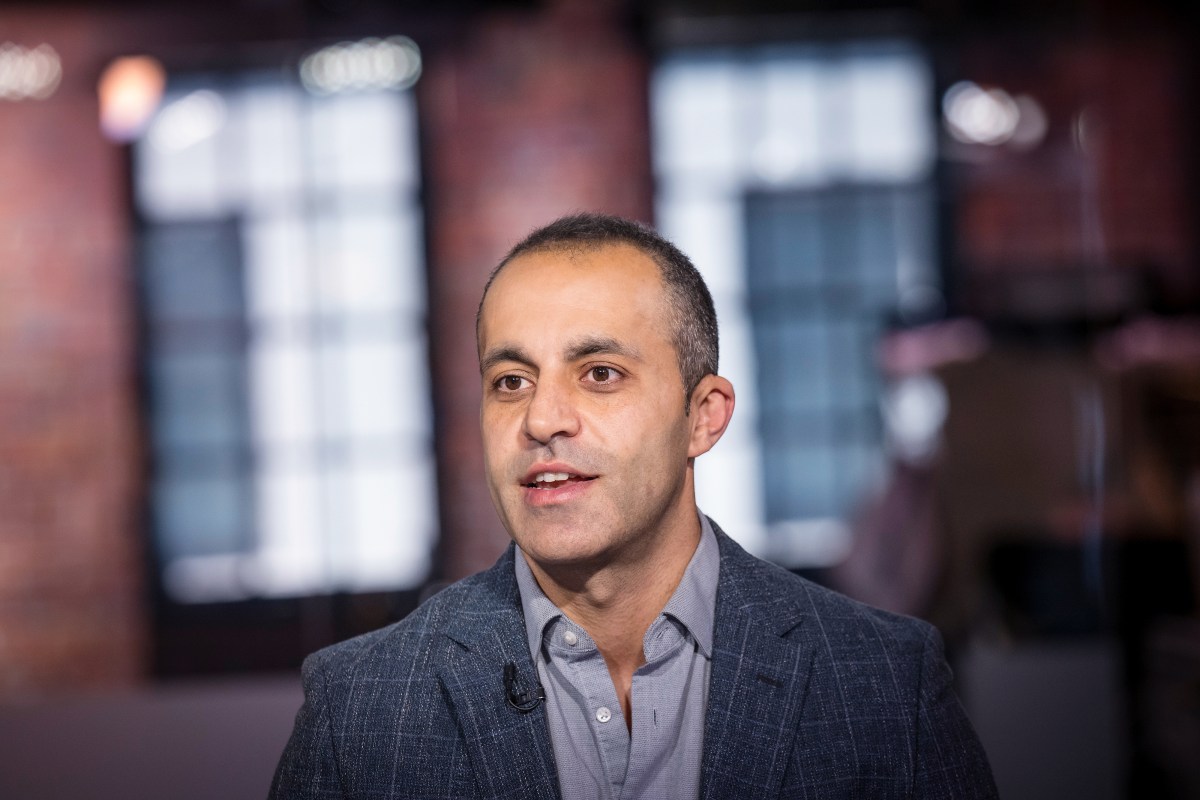‘It’s dumb to IPO this year’: Databricks CEO explains why he’s waiting to go public
Databricks just closed one of the largest funding rounds ever, raising a staggering $10 billion in fresh capital. Naturally, technology investors were quick to ask what this means for the company’s highly anticipated IPO. During an event in San Francisco on Tuesday night, Databricks CEO Ali Ghodsi explained why he’s waiting until at least 2025 to go public.
“This year was an election year. We wanted to get some stability – people are worried about interest rates, inflation… So we said look, it’s dumb to IPO this year, so we’re definitely going to wait,” said Ghodsi during an interview with Dan Primack during the Axios AI Summit. “The earliest theoretical possibility of an IPO would be next year, and then there’s lock-up periods, so it would just be too long of a period for employees to get liquidity.”
Databricks is using this “Series J” to let early employees cash out and continue growing. While 2024 was uncertain in many ways, the IPOs of ServiceTitan, Reddit, and other companies have largely been successful.
But why risk it when you can raise as much money as Databricks?
Ghodsi said this latest round could have been nearly double the amount it just closed. We knew investors were clamoring to get in, but the craze caused Databricks to raise its share price. The data analytics company started out trying to raise $3 billion to $4 billion in this round, according to Ghodsi, but he says that press reports about their fundraising efforts drove interest through roof.
“I saw this Excel sheet where they keep a tally of all the people that want to invest. It was $19 billion of interest, and I almost fell off the chair,” said Ghodsi. “And we hadn’t even talked to everybody. I was like, ‘Oh my God, that’s a huge amount of numbers.’ So then we actually moved the price up.”
Even after the impressive fundraise, Ghodsi isn’t ruling out a Databricks IPO in 2025. However, he said it could be 2026 as well. He said it’s far less important to go public than it was 10 to 15 years ago, as this record-breaking round indicates, but it’s still something the company wants to do. That said, Ghodsi isn’t trying to squeeze in an IPO before the “AI bubble,” as he called it, bursts.
“I mean, it’s peak AI bubble. It doesn’t take a genius to know that a company with five people which has no product, no innovation, no IP – just recent grads – [is not] worth hundreds of millions, sometimes billions,” said Ghodsi. “You get billion-dollar valuations on these startups that have nothing – that’s a bubble.”
The Databricks CEO didn’t clarify what startups he was talking about, but we’ve certainly seen a lot of AI unicorns this year. None of this seems to worry Ghodsi, however, who says his company and its valuation can stand the test of time. He thinks his company has already won out its first major battle with another data analytics startup, Snowflake.
“We had a program called ‘SnowMelt,’” said Ghodsi, confirming reports of an initiative within Databricks to steal business from Snowflake. “We were going after Snowflake and we demonized them, but that’s behind us.”
That effort to demonize Snowflake came at a hefty price, reportedly causing Databricks to pay $2 billion to acquire a tiny startup called Tabular. Snowflake also reportedly wanted to buy Tabular, even though the company was only doing $1 million in annual recurring revenue at the time.
Now, Databricks is chasing bigger competitors with products that rival enterprise giants like Salesforce and Microsoft. Ghodsi says data and AI will continue to play a slightly more important role in people’s lives every year, and he thinks his company is well-positioned to fill that niche.







